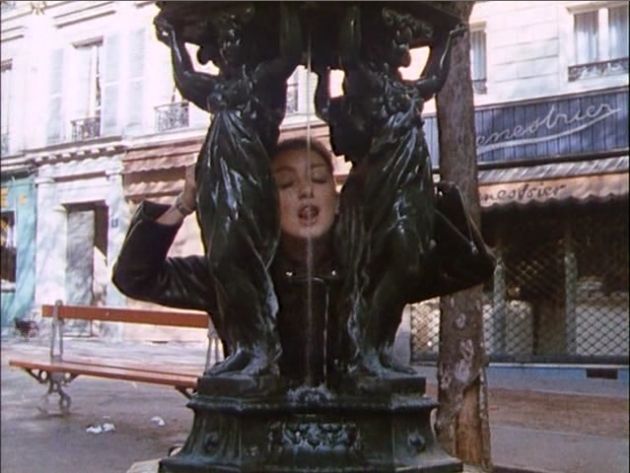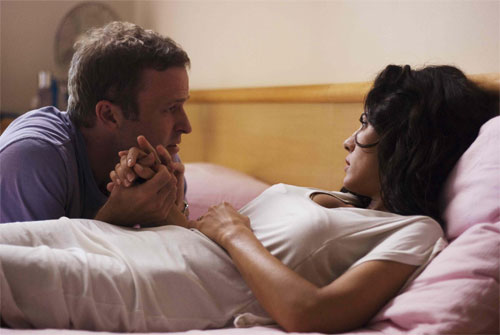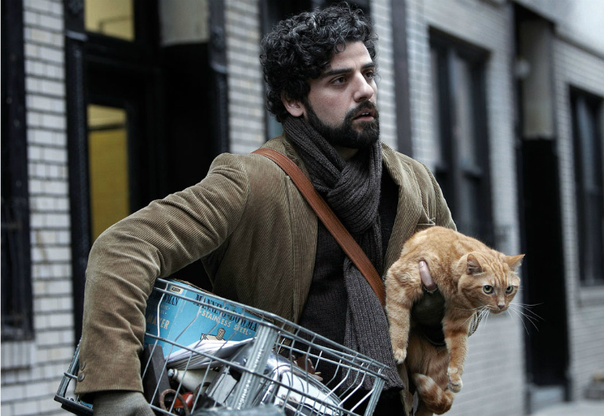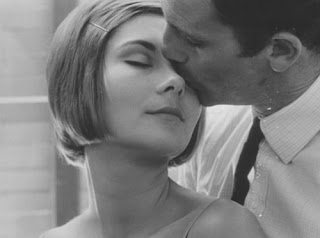Metin Erksan 1964 Turkey
Starring: Erol Taş, Hülya Koçyiğit, Ulvi Dogan

Turkey might not be the first place many expect to find a lot of the components of Metin Erksan's Dry Summer. A tale of treachery between brothers, for example, is an overly common theme in Bollywood but less usual elsewhere. Likewise, neo-realism is more often than not associated with Italy but rarely thought of as having strayed east. Despite that, these disparate influences do come together well with brothers Osman and Hasan (and Hasan's wife Bahar) at war with their neighbours over the control of the water that runs from a spring on their land. Osman (played with an utter lack of redeeming features by one of Turkish cinema's greatest villains, Erol Taş) is ruthless, lecherous and thuggish, repeatedly holding his sister-in-law by the plaits, his eyes all over her arse. Midway through the film when he carries the family's dead dog home on his shoulders it's implied that he's the one who shot it, in an effort to get Hasan to take his side in his conflict with neighbouring farmers. Hasan meanwhile is good-natured, in love and wants nothing more than to be with Bahar, their relationship shot through with a vein of sensuality that extends to the whole film, from images of hands brushing legs to bread being baked, smelt and torn apart to Hasan crashing through tall reeds to find Bahar, guided only by her perfume - Bahar's legs actually feature a surprising amount too, splashing through water, being caressed and kissed by Hasan and having the poison of a snakebite sucked out of them by Osman, but I assure you it's a lot less pervy than that may sound. As prevalent as the sensuality is a serious sense of foreboding that rises as the heat does; by the time a forest fire is shown Osman is sweating bullets and not because of the fire. Even his beheading of a chicken (which he then chucks at Bahar) foreshadows both the aforementioned moment with the dog and the scene in which he's almost beaten to death by his opponents and literally throws himself at her. The same goes for the ever-present guns (every character appears to own several), the minute you see them you know that they're going to get used in the end. It's an excellent film with beautiful cinematography from a director and a nation that rarely find distribution here - it's taken 50 years, expansive restoration and the influence of Martin Scorsese for this to even get a DVD release. It's also a surprisingly forward-thinking one, pointing to the Turkish Republic's construction of a series of dams to deprive Syria and Iraq of water in the following years.












